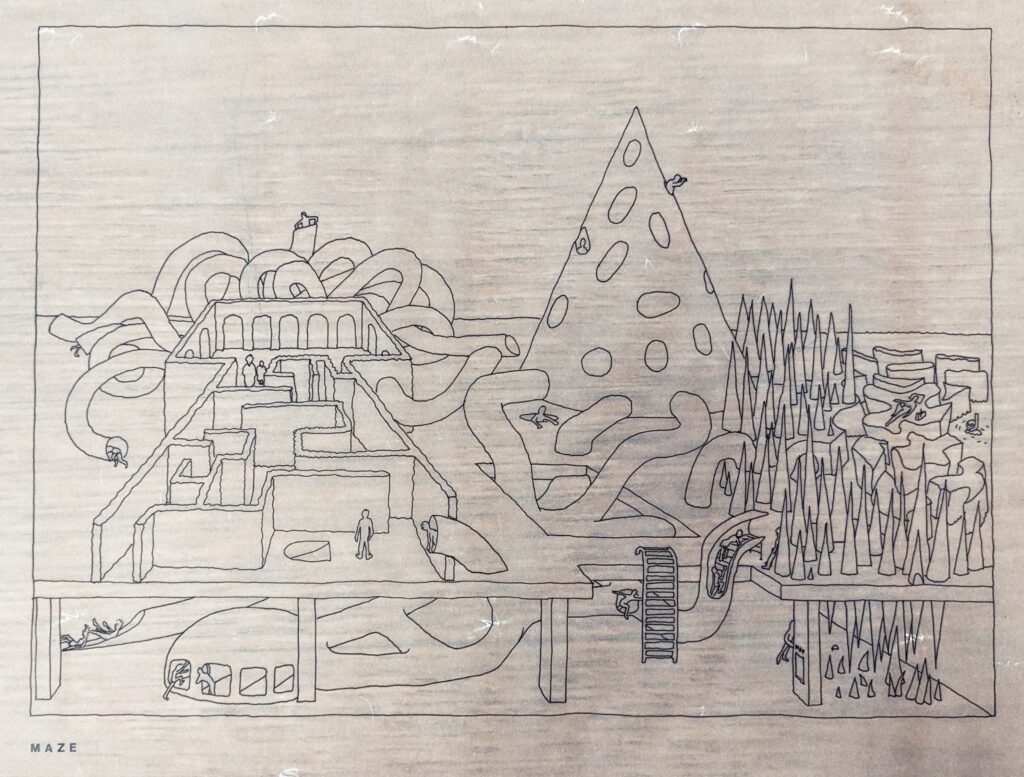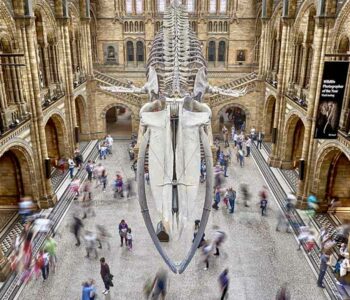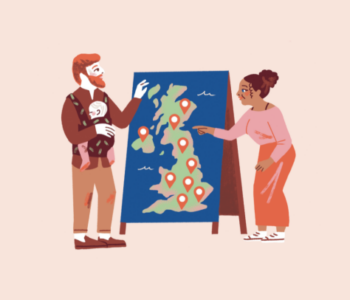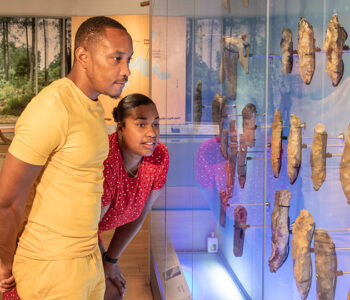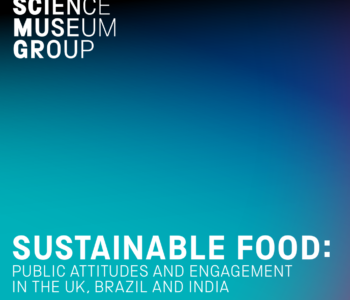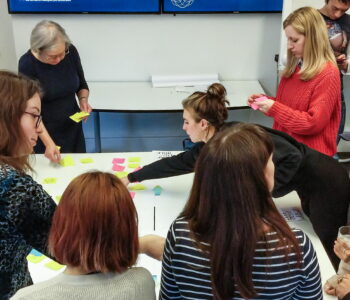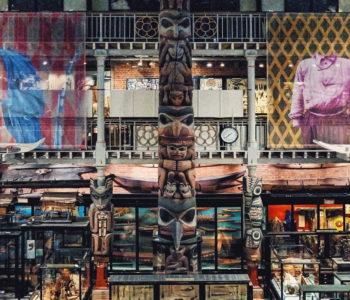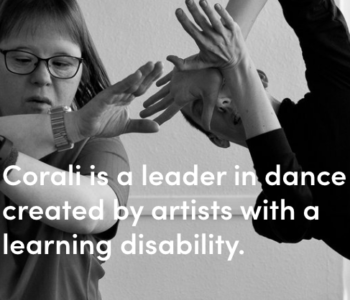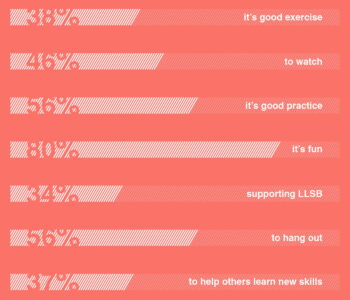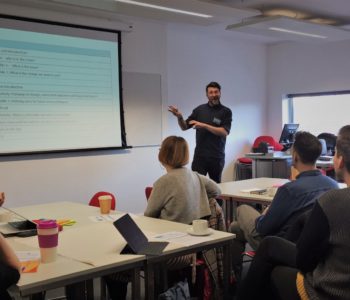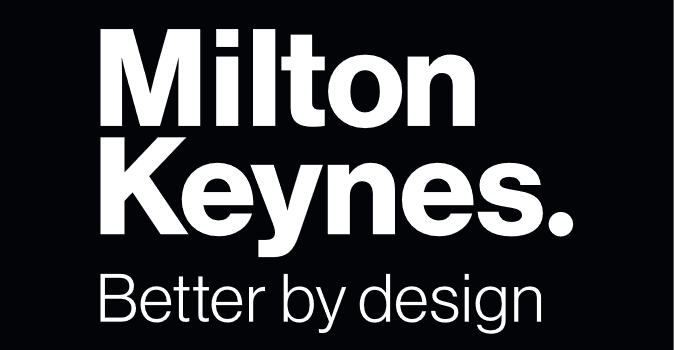
Look Again
“Look Again” is an architecture, design and art trail through Central Milton Keynes, celebrating its modern heritage and unique cityscape. Commissioned by Milton Keynes County Council, Flow worked with Spy Studios to research, develop and design a citywide tour which encourages visitors and locals alike to leave the beaten track and explore the history and creativity of one of the UK’s most individual cities.
Flow conducted consultation with stakeholders across the Council and took ideas out to the public for their feedback. Working with Living Archive Milton Keynes and the City Discovery Centre, Flow used archival materials from the building of the city and commissioning of the artworks to bring hidden stories to life. “Look Again” replaces an existing heritage trail with a fresh, exciting and sideways look at Milton Keynes’ often misunderstood urban landscape to revel in the utopian ideals which built the UK’s youngest city and encourage people to see it as a playground for modernist ideals around civic participation, quality design, and public art in creating identity.
The project is ongoing and is due to be launched in Spring 2024.
